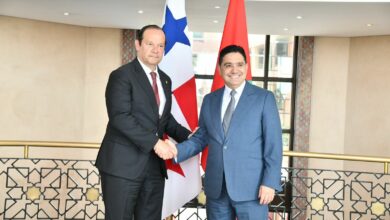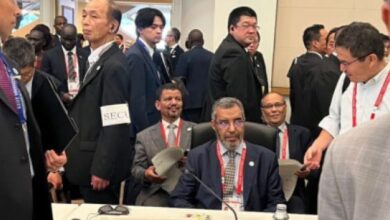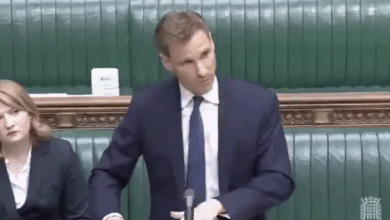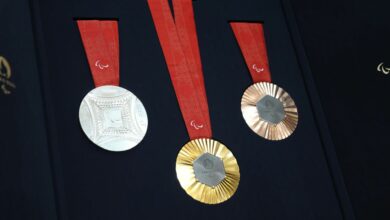Morocco Consolidates its UN Presence: Proactive Royal Diplomacy Strengthens Sovereignty over the Sahara and Opens New Strategic Horizons for Africa
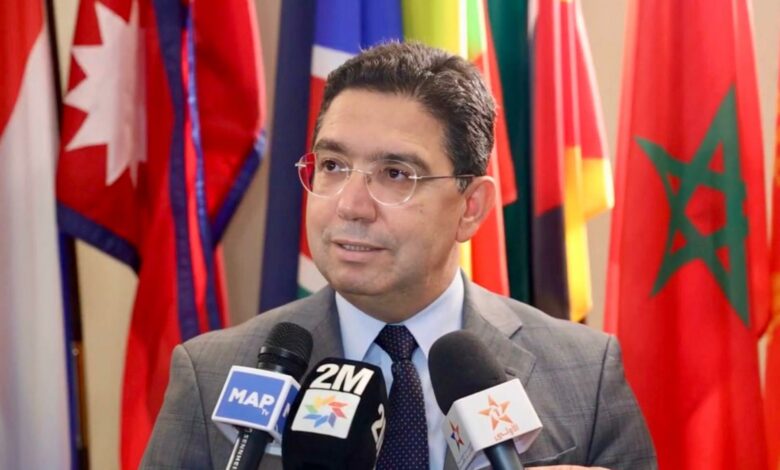
ALDAR / Meryem Hafiani
Morocco emerged during the 80th session of the United Nations General Assembly as a central player on the international stage, driven by the enlightened vision of His Majesty King Mohammed VI. Foreign Minister Nasser Bourita emphasized that the Kingdom plays a decisive and forward-looking role in addressing major global challenges through concrete approaches in peace, security, development, migration, climate change, and the fight against terrorism.
Regarding the issue of the Moroccan Sahara, Bourita recalled that the Royal Autonomy Initiative, within the framework of the Kingdom’s sovereignty and territorial integrity, is today the only dynamic recognized internationally as a credible solution to the regional dispute. Morocco’s participation in the high-level week reinforced this orientation, backed by leading international partners, notably the United States, which encourages investments across the entire Moroccan territory, including in the southern provinces—a stance interpreted as an economic recognition of Moroccan sovereignty. Similarly, the United Kingdom, France, and other countries now consider the southern provinces as a hub of development and a strategic gateway to Africa.
On the African front, the Foreign Minister highlighted the Royal initiative to grant Sahel countries access to the Atlantic Ocean—an initiative that has moved to the operational phase thanks to growing international support. The Sahel region is no longer seen as a burden but as a land of opportunities. In the same spirit, New York hosted the sixth ministerial meeting of the Atlantic Africa Initiative, with upcoming meetings planned in Mauritania, Cameroon, and Benin to strengthen cooperation within the Atlantic space.
On the spiritual level, the Royal message addressed to the Supreme Council of Ulema, on the occasion of the 1500th anniversary of the birth of Prophet Mohammed ﷺ, was widely welcomed and recognized as an intellectual and spiritual reference at a high-level event of the Organization of Islamic Cooperation.
Concerning the Middle East, Morocco reaffirmed the principled positions expressed by the Sovereign during Arab and Islamic summits: rejecting crisis management in favor of sustainable solutions, calling for a ceasefire and urgent humanitarian assistance for the Palestinian people, and supporting a lasting peace based on the two-state solution in line with Security Council resolutions and the Arab Peace Initiative. Bourita also recalled the importance His Majesty, as Chairman of the Al-Quds Committee, attaches to the holy city and to the role of the Bayt Mal Al-Quds Agency in preserving its identity and supporting its inhabitants.
On the sidelines of the General Assembly, Morocco advocated at a high-level meeting for strengthened continental integration through massive infrastructure investments, stressing that Africa requires $170 billion to meet its development and integration ambitions.
Finally, Bourita concluded his participation in New York with a series of bilateral meetings with officials from Africa, Latin America, the Caribbean, and Europe, thereby embedding Moroccan diplomacy in a dynamic of South-South cooperation and diversification of the Kingdom’s strategic partnerships.

